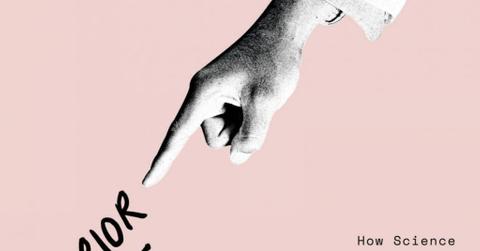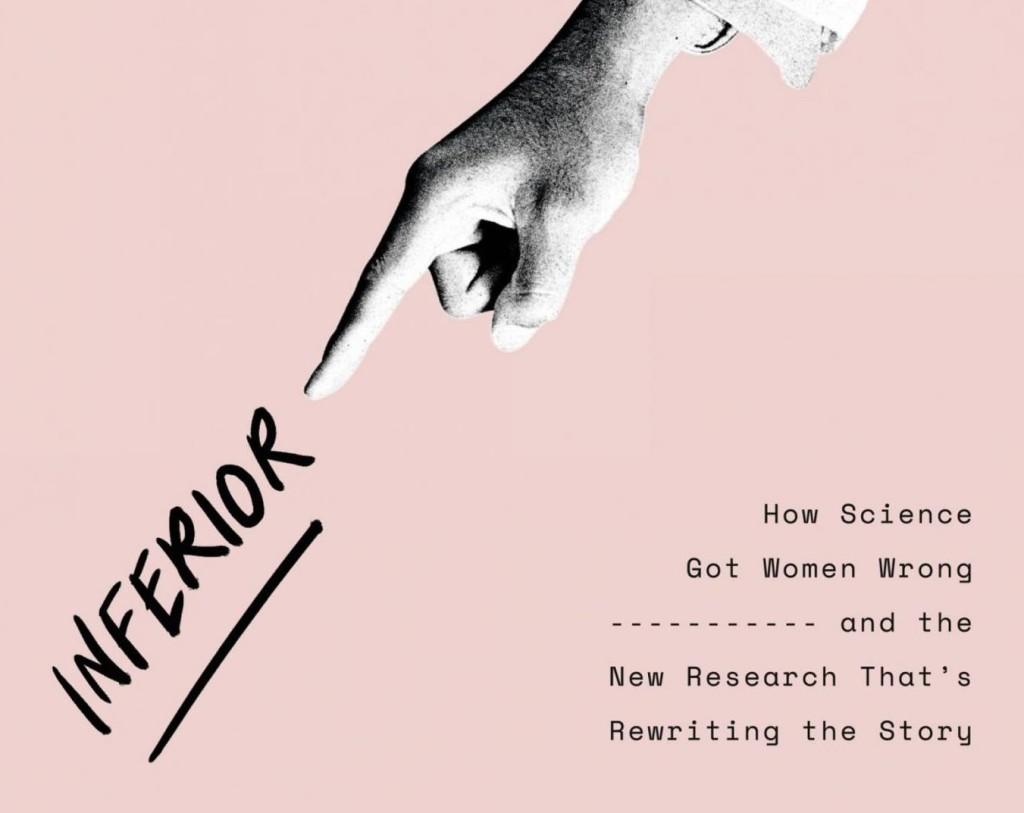Women Are Finally Rewriting The Rules On Science

Sexism isn’t new. In fact, sexism is as old as evolution.
While people are fighting over whether evolution or creationism should be taught in public schools, what we should be thinking about is how young girls will be affected by the actual science behind any theory.
When Charles Darwin first taught his theory of evolution in the 1800s, he wasn’t just teaching the survival of the fittest and natural selection – he was teaching people that women were inferior to men.

Many people in today’s society use Darwin’s misconstrued ideas about women in order to protect patriarchy, and truly believe that “science” proves women are intellectually inferior. Award-winning journalist, Angela Saini, is using her book, Inferior: How Science Got Women Wrong and the New Research That’s Rewriting the Story, to fight this sexist science. Saini explains how science never tried to understand women and is bias in its teachings that men and women are different.
This year, former Google software engineer, James Damore, shared his thoughts on why there is a gender gap in the tech industry. Besides the fact that he is most likely sexist and doesn’t want women in tech, he is not entirely to blame for his false statement and conclusions. We’ve been taught in school the teachings of Charles Darwin, as take everything that’s written in the science and history books as fact. In reality though, it’s all still based on theory. In his 1871 book, The Descent of Man, Darwin blatantly states that men are superior to women, but there is no science that backs it up.
“The chief distinction in the intellectual powers of the two sexes is [shown] by man attaining to a higher eminence, in whatever he takes up, than woman can attain — whether requiring deep thought, reason or imagination, or merely the use of the senses and hands, thus man has ultimately become superior to woman,” Darwin states in his work.
Not only is there no data to back up claims that men are intellectually superior but there is data to show that they are not. So what was it exactly that made male scientists think that women were less than?
Women today are still fighting for their rights. Women in Saudia Arabia just earned their right to drive this year, women still only make $.79 to every mans’ dollar, and limitations on abortions are being put in place. Men like Damore and Darwin, although having lived hundreds of years apart, believe that women are inferior because of how society treats them. Women are seen as homemakers, being told that they are meant to cook, clean and raise children. During Darwin’s time, women could not attend university, own property, or hold public office. Men like him saw these things and decided that these constraints on a woman’s life were not due to laws put in place to hinder their potential, but that their intellectual inferiority prevented them from having any potential at all.
Luckily, with more women entering male-dominated fields, we see more objectivity and accuracy in the research being presented. More recent studies show us that women may have created some early invention such as baby slings and farming tools. These newer studies show that men had as much of a hand in gathering food as the women did, thus proving that women weren’t biology trained to be better at homemaking.
What Saini wants people to learn from these falsehoods is that, scientist or not, we need to understand that everything we say has context. Darwin’s statements, as well as other male researchers, on fewer women being in politics or giving lectures at universities, were indeed true. There weren’t many women doing the things that men were, but it couldn’t be attributed to a lack of intelligence but instead a lack of support and opportunity.
With every piece of research you read, it’s important to do your own research. Saini makes it clear that scientists are human too, which means mistakes will be made, and bias will find their way into what should be purely scientific fact.
Sexism is ingrained in our society, and it’s everyone’s job to recognize when we allow our personal bias to corrupt the truth.





